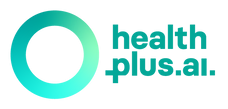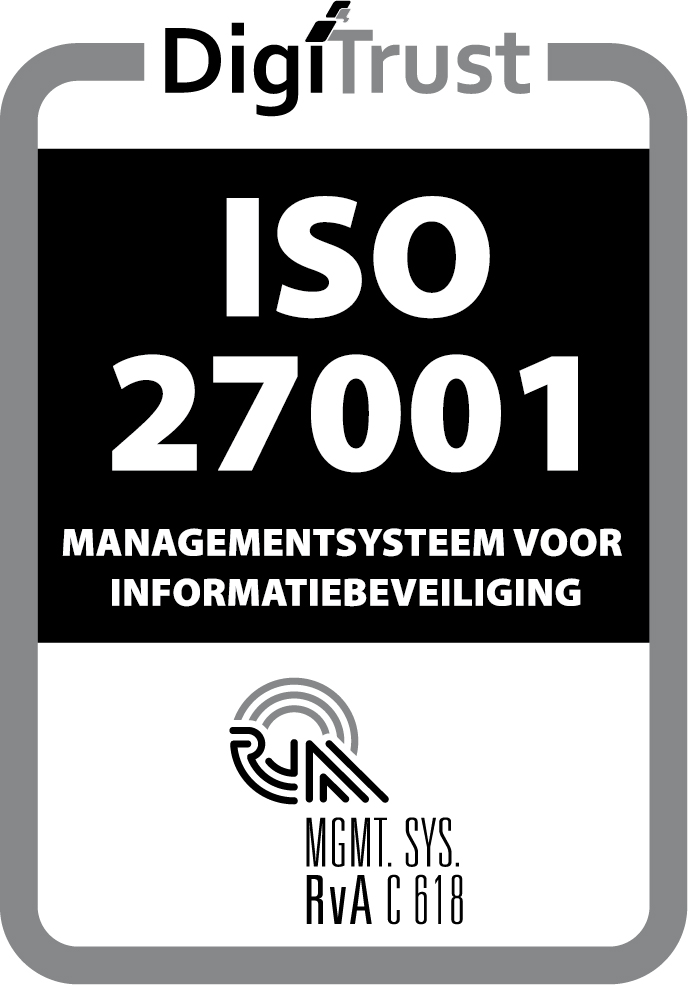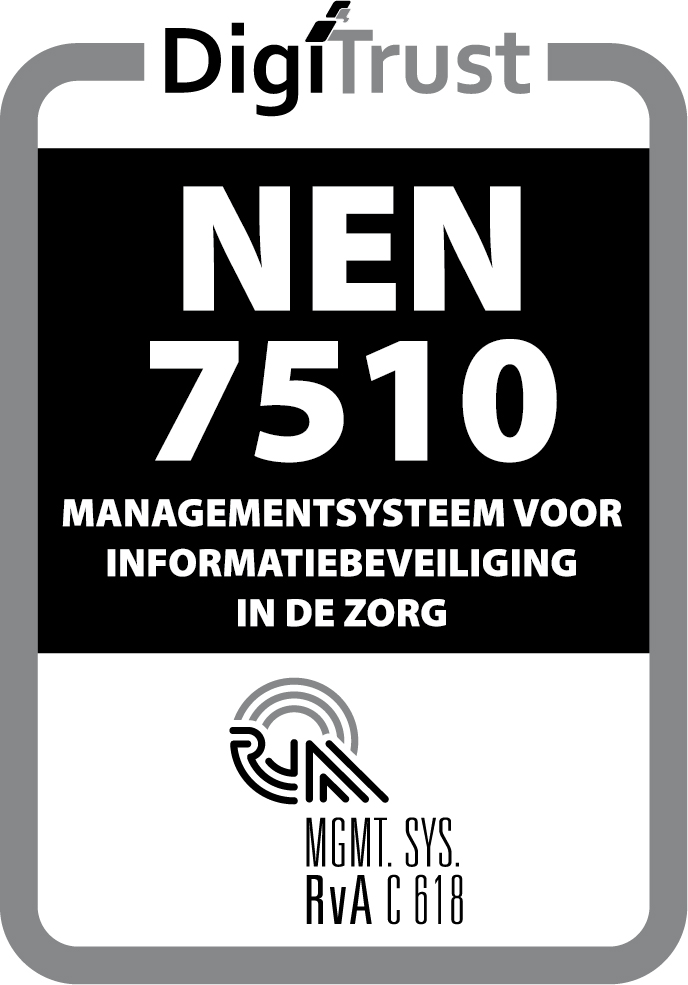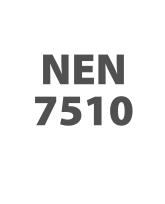Kassadin-2 focuses on developing early warning technologies that can be used as decision support tool for more effective mental e-Mental Health, and providing benefits to the therapists in terms of time efficiency and service quality.
Klinisch Assistentie- en Adviesplatform voor Interventies
Jan 2018 – Dec 2019
Background
Depression represents a significant cause of disability and death, and a major economic burden worldwide. Innocuous symptoms such as low mood, energy, and general loss of interest may lead to risky behavior, damaged relationships and careers, and even suicidal tendencies. This problem has been a major subject of interest for the public health sector in the Netherlands for years and therefore feasible solutions using technology have been considered as a means of solving it.
More than 5% of the population in the Netherlands has depression every year. The direct treatment costs for depression are estimated at almost one billion euros per year. The indirect costs, such as related to absenteeism or loss of production, are estimated at € 1.8 billion per year.
Available therapies and methods for relapse detection are limited in efficacy and high in costs. Consequently, the risk of relapse is still quite high (between 35 and 65% after a first depression and this number can increase up to 90% after consecutive relapses). With the wide-spread adoption of smart technologies in digital mental health services, we have the potential to transform the delivery of mental healthcare services with the introduction of earlier detection and diagnosis tools. These can help to increase therapy efficiency by offering more effective interventions available to more people while reducing costs.
Objective
The Kassadin-2 project focuses on the development of early warning technologies that can be used as a decision support tool for a more effective online mental health treatment. At the same time, the project provides benefits to the therapists in terms of time efficiency and service quality. The main outcomes for this project include:
- the development of a prototype algorithm for monitoring improvement or deterioration of the condition of a patient using machine learning algorithms,
- defining the integration of such technology in the therapist digital platform as a decision support tool for care prioritization and patient data analysis in a need-driven healthcare context.
Results
This researched the development of novel need-driven care tools for digital mental healthcare and how these can be used for relapse prevention and user state monitoring. This a first important step in delivering robust decision support tools which can be a game changer regarding the way mental healthcare is done nowadays. The proposed technology makes use of the available treatment-related data and can contribute in the decision making process of therapists to treat patients. From the technological standpoint, we delivered two algorithms aimed at the detection of improvement and deterioration of a patient’s mental state, and also need-driven care patient prioritization. Moreover, this work was coupled with its application in the therapist portal user interface by means of new features and tools that facilitate reading the status of a client and suggesting a therapist the best times to act. These outcomes were built and tested using mental health treatment data and evaluated with healthcare professionals. Healthcare providers have also expressed their interest in these novel applications and are willing to try them out as part of their treatment workflow.

We expect the proposed algorithms can be extended as semi-supervised models which would allow us to learn incrementally when more data is available even without requiring to label every new data sample. Another improvement will be done by coupling the need-driven care algorithm with a new way of analyzing the therapist’s digital behavior, and rating how effective their treatment is. For instance, by looking into their user interaction with the portal, seeing how it matches the proposed from expert knowledge (the NiceDay Way), and combining it with the ROM outcomes from the treated patients.








